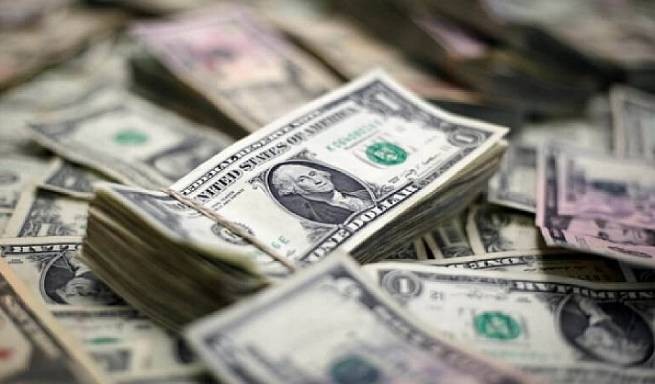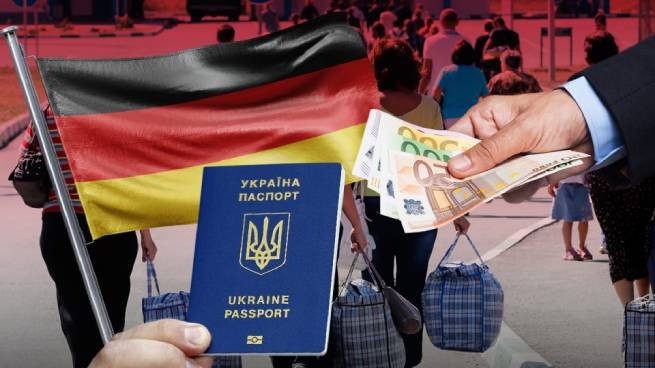In April 2022, producer price increases (industrial inflation) set a new record of 37.2% year-on-year in the Eurozone, the Eurostat.
99.2% amounted to a jump in producer prices in the energy sector due to anti-Russian sanctions. This made the main contribution to record industrial inflation (as if energy prices began to rise long before the war, but this is Eurostat. Editor’s note).
By 25.1% increased producer prices for intermediate goods, by 11.2% – for consumer durables
Industrial inflation by country:
- 62.3% – Ireland
- 62.3% – Denmark
- 60.4% – Romania
- 52.7% – Belgium
- 49.7% – Bulgaria
- 49.3% – Slovakia
- 48.7% – Estonia
- 48.1% – Greece *
- 45.1% – Spain
- 44.1% – Italy
- 33.1% – Germany
- 27.8% – France
Industrial inflation after 3-6 months, as a rule, leads to an increase in final consumer prices. Preliminary data show that energy inflation reached in Greece 60.9% year on year last month compared to the European average of 39.2%. In France, which has nuclear power plants, growth was 28.9%, well below the national average. EU.
The final statistics for April showed that accounts in Greece rose by 57.6% year on year, compared to the European average of 37.5%. The comparison with other countries in the European south is staggering: the index rose by 33.3% in Spain, by 30% in Bulgaria and by 27.1% in Portugal.
The data reflects the general problems of the energy crisis and the high cost of energy products that fuel eurozone inflation, as well as differences in the structure of the national electricity market between different member states. The same is true for liquid fuels, where Greece consistently ranks among the top three countries with the most expensive markets. The discrepancy in numbers also explains the varying degrees of urgency among European leaders regarding European support measures.
In the case of Greece, the structure of the electricity market is partly to blame for the spikes faced by consumers, while relatively high taxes are mainly responsible for skyrocketing gasoline and diesel prices: Greece has the third largest special consumption tax on gasoline (0. 70 euros per liter) after the Netherlands and Italy, although it ranks 15th in diesel, at a price of 0.41 euros per liter.
In terms of electricity tariffs, the 40% share of gas in electricity generation contributed to a disproportionately higher increase in bills than the European average, while the delignitization program prevented lignite from replacing gas.






More Stories
ELSTAT: inflation increased by another 3.2% in March
“Disappointing” second poorest EU country
Greece ranks last in the EU in terms of investment as a percentage of GDP in 2023